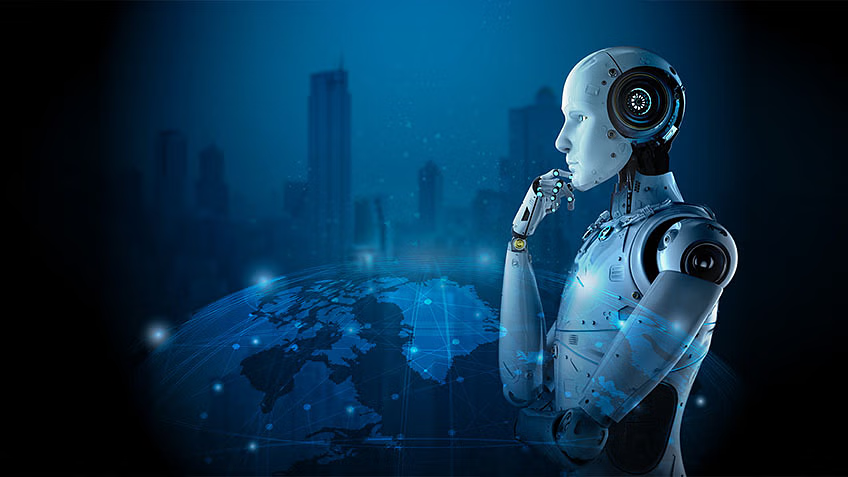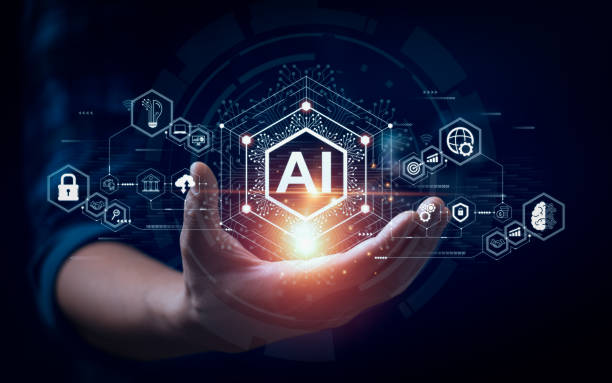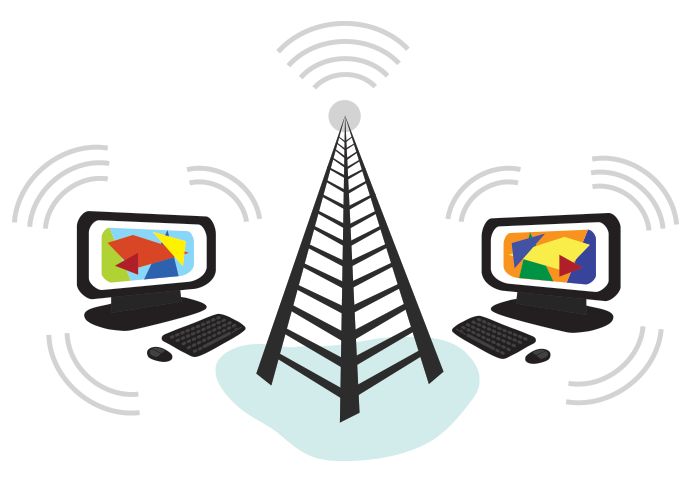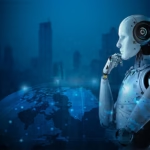Understanding Artificial Intelligence:
Understanding Artificial Intelligence: Transforming the Future
In today’s rapidly evolving digital landscape, Artificial Intelligence (AI) has emerged as one of the most transformative technologies of the 21st century. From simplifying routine tasks to enabling complex problem-solving, AI is changing the way individuals, businesses, and societies operate. As a result, it is crucial to understand what AI is, how it works, and why it matters.

What Is Artificial Intelligence?
Artificial Intelligence refers to the simulation of human intelligence in machines that are designed to think, learn, and act like humans. These machines can perform tasks such as reasoning, problem-solving, understanding language, and even recognizing patterns. Essentially, AI enables computers to make decisions without human intervention.
There are two main types of AI: Narrow AI and General AI. Narrow AI, also known as Weak AI, is designed to perform a specific task—such as voice assistants like Siri or Google Assistant. On the other hand, General AI aims to perform any intellectual task that a human can do, although this form of AI is still in its early stages of development.

How AI Works
To better grasp the concept of AI, it is important to explore how it works. AI systems typically rely on machine learning, a subset of AI that enables machines to learn from data and improve their performance over time. Additionally, deep learning, a branch of machine learning, uses neural networks to simulate the human brain and solve complex problems.
For example, when you use a recommendation system on platforms like YouTube or Netflix, AI analyzes your behavior and suggests content accordingly. This is achieved through algorithms that recognize your preferences and patterns.
Moreover, natural language processing (NLP) allows machines to understand and respond to human language. This is the technology behind chatbots and voice assistants, which are now common in customer service.

Applications of AI
As technology continues to advance, the applications of AI are becoming more widespread across various industries. For instance, in healthcare, AI helps doctors diagnose diseases more accurately and even assists in robotic surgeries. Similarly, in finance, AI is used to detect fraudulent transactions and automate trading decisions.
Furthermore, AI has made a significant impact in education, where intelligent tutoring systems adapt to students’ learning styles. In manufacturing, AI-powered robots are improving efficiency and safety on production lines.
In addition to these industries, transportation is also being revolutionized by AI. Self-driving cars, though still under development, use AI to interpret surroundings and make driving decisions in real-time.

Benefits of AI
There are several advantages to using AI in daily life and business. First and foremost, AI can increase efficiency by automating repetitive tasks, allowing human workers to focus on more strategic responsibilities. Moreover, AI systems can process large volumes of data at high speeds, making them invaluable for data analysis and decision-making.
Another key benefit is accuracy. Unlike humans, AI does not suffer from fatigue or distraction, which means it can perform tasks with a high level of precision. This is especially critical in sectors like healthcare and aviation, where small errors can have serious consequences.
Furthermore, AI can operate 24/7 without breaks, providing round-the-clock support in customer service and other functions.
Challenges and Concerns
Despite its many benefits, AI also presents several challenges. One major concern is job displacement, as automation may replace certain roles currently performed by humans. As a result, there is growing pressure on educational institutions and governments to reskill the workforce for the future.
Additionally, ethical issues such as data privacy, algorithmic bias, and decision transparency have come under scrutiny. It is essential to ensure that AI systems are fair, accountable, and aligned with human values.
Moreover, as AI becomes more powerful, there is an ongoing debate about the level of control humans should maintain. Ensuring that AI remains under human supervision is critical to prevent misuse or unintended consequences.
The Future of AI
Looking ahead, the future of AI appears promising yet complex. As research continues, we can expect AI to become even more intelligent and integrated into our daily lives. However, this will require responsible development, strong regulations, and a commitment to ethical practices.
In conclusion, Artificial Intelligence is not just a trend—it is a transformative force reshaping industries and societies. Although there are challenges to address, the potential benefits of AI far outweigh the risks, provided that we manage it wisely. Therefore, embracing AI with a forward-thinking approach will be key to unlocking its full potential.


